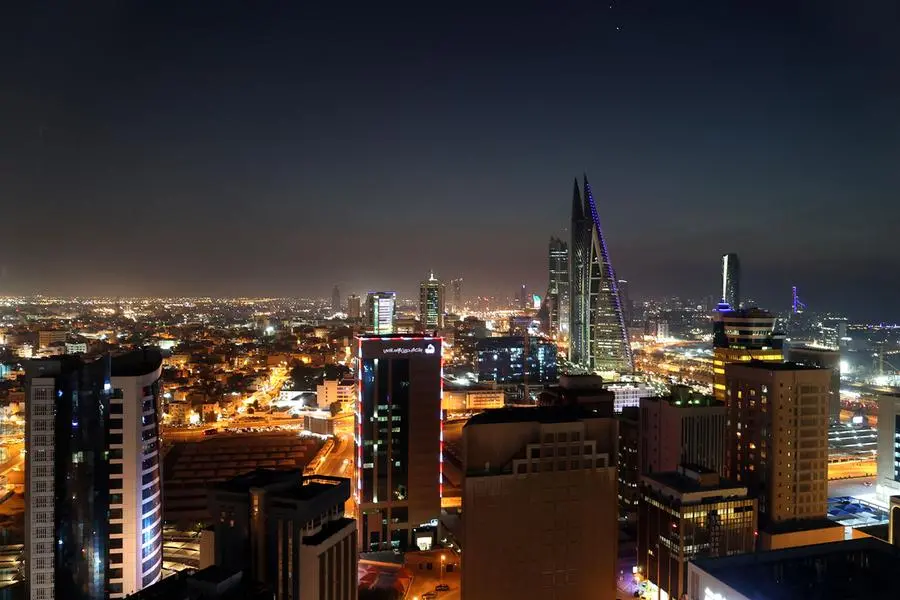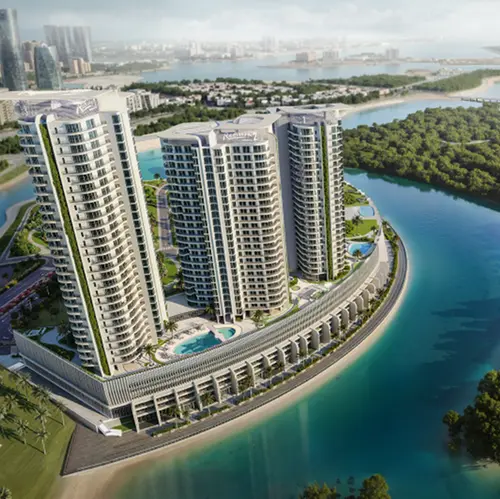PHOTO
Bahrain's residential sector has witnessed a 5.1% increase in real estate transactions during the first nine months of 2023, according to global property consultancy Knight Frank.
Additionally, there has been a marginal increase of 1.9% in the total transaction value, reaching BD814 million ($2.1 billion), stated Knight Frank in its latest report 'Bahrain Real Estate Market Review – Autumn 2023.'
While the office, retail and industrial sectors face challenges, the kingdom's hospitality sector is set to welcome 14.1 million visitors by 2026, it added.
Faisal Durrani, Partner – Head of Research, Mena, said: "The higher growth in transaction volumes compared to transaction values suggests a decline in prices. Villa developments have continued to captivate buyers, with average sales prices in the mid-end segments holding steady at BD625 per sq m."
"However, the cost of credit has affected premium developments, particularly apartments, which saw a 2% decline to BD665 per sq m," he noted.
Additionally, expatriates, constituting an estimated 52.6% of the total population by 2022, continue to be a driving force in Bahrain's rental market. Demand for rental properties remains consistently high, particularly in sought-after expat-friendly locales such as Juffair, Amwaj Islands, and Al Seef, he added.
On the office market, Knight Frank said the sustained migration of corporate occupants to high-quality Grade A developments has fuelled a strong demand for office space in upscale buildings over the past year. Despite this trend, rental values have remained stable at BD58 per sq m in Q3 2023.
Stephen Flanagan, Regional Partner and Head of Valuations & Advisory (Mena), said: "Bahrain's GDP growth for 2023 is forecast at 2.7%, surpassing its earlier projection of 2.1%. The IMF's July 2023 World Economic Outlook underscores rising confidence in economic resilience, even amid elevated interest rates."
"Furthermore, government policy changes, notably the introduction of the Golden Licence Scheme, which benefits foreign and local businesses, are likely to boost business activity, foster job creation, attract foreign direct investment, and contribute to increased demand and rental rates in the office market," stated Flanagan.
On the retail sector scenario, Knight Frank said it has faced its own set of challenges in the past year.
Average lease rates across all retail categories have seen a 5% decline, primarily due to an excess of retail inventory in Bahrain. The pandemic has accelerated the shift to online retailing, prompting the retail industry to evolve rapidly, it stated.
Flanagan said: "Consumers now seek shopping destinations that offer experiences, mirroring trends elsewhere in the world. This change in consumer behaviour has sparked a demand for destination retail and mixed-use developments that incorporate the public realm, F&B, and entertainment. Furthermore, there is a genuine risk of oversupply in this segment of the real estate market."
On the industrial front, the market in Bahrain has witnessed warehouse lease rates grow by 5.3% over the last 12 months due to a demand-supply imbalance.
The average lease rate for warehouses now stands at BD37 per sq m per annum. Government efforts in Bahrain to boost the industrial sector, attract investment and encourage innovation, including the establishment of special economic zones, have motivated businesses to either establish a presence in the kingdom, or expand operations, according to Knight Frank.
Copyright 2022 Al Hilal Publishing and Marketing Group Provided by SyndiGate Media Inc. (Syndigate.info).





















